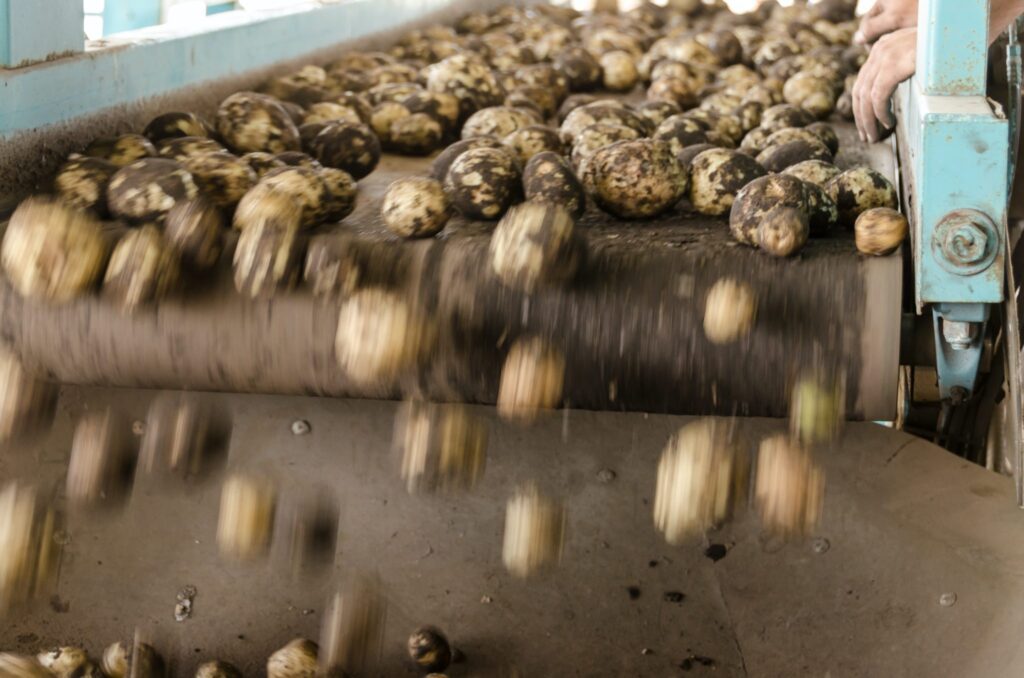In recent years, the food industry has increasingly recognized the potential value of waste generated during food production and processing. What was once considered a burden on businesses and the environment is now being viewed as a valuable resource with the potential for innovation, sustainability, and economic benefit. Here’s a closer look at the power of waste in food industries:
1. Resource Recovery:
Waste generated in food production, such as peels, seeds, and trimmings, can be repurposed into valuable ingredients or products. For example, fruit and vegetable peels can be used to make juices, sauces, and snacks, while spent grains from brewing can be turned into animal feed or used in the production of baked goods.
2. Energy Generation:
Organic waste from food processing operations, such as pulp and residues, can be converted into biogas through anaerobic digestion. This biogas can then be used to generate heat and electricity, providing a renewable energy source for the facility and reducing reliance on fossil fuels.
3. Circular Economy:
Embracing a circular economy model, food companies are finding innovative ways to minimize waste and maximize resource efficiency. By closing the loop on waste streams, businesses can reduce their environmental footprint while also creating new revenue streams and cost savings.
4. Sustainable Packaging:
Food packaging waste is a significant environmental concern, but innovative approaches are emerging to address this issue. Companies are exploring alternative packaging materials made from agricultural waste, such as bioplastics derived from cornstarch or cellulose-based materials from crop residues.
5. Consumer Education:
Educating consumers about food waste reduction and sustainable consumption practices is another important aspect of leveraging the power of waste in the food industry. By raising awareness about the environmental impact of food waste and providing tips for reducing waste at home, companies can empower consumers to make more sustainable choices.
6. Collaborative Initiatives:
Collaboration across the food industry, including partnerships between producers, manufacturers, retailers, and waste management companies, is essential for maximizing the value of waste. By working together to develop innovative solutions and share best practices, stakeholders can drive meaningful progress towards a more sustainable and circular food system.
7. Regulatory Support:
Government policies and regulations can also play a critical role in incentivizing waste reduction and resource recovery in the food industry. By implementing measures such as tax incentives, subsidies for waste-to-energy projects, and landfill diversion targets, policymakers can encourage businesses to prioritize waste reduction and sustainability.



